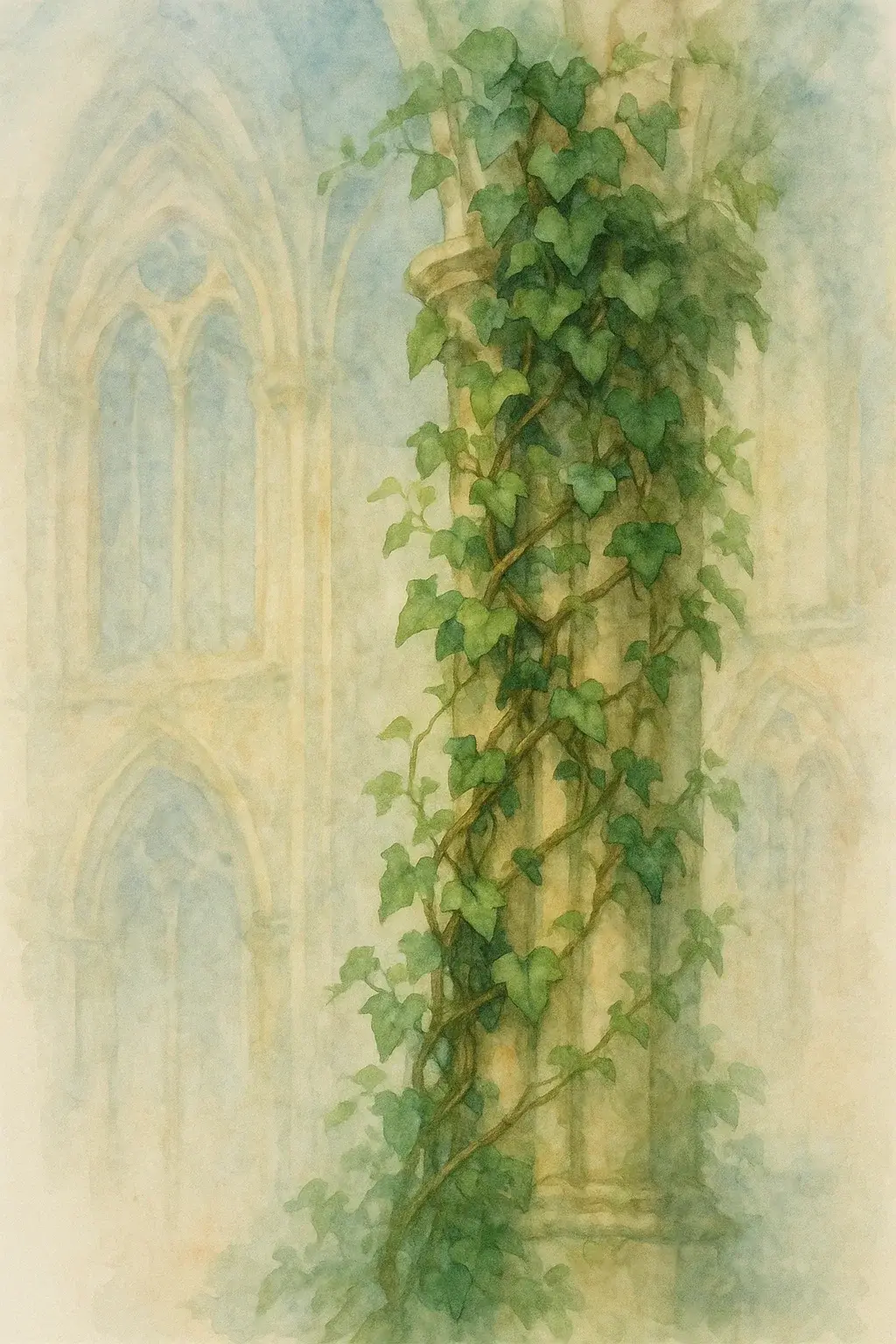Why You Get Caught: Toxic Relationships and Biblical Discernment
e "Discernment is not judgment—it’s spiritual insight rooted in love."
You know how it starts: they seem kind, God-fearing, emotionally aware. Maybe they even quote Scripture.
You ignore the pit in your stomach because they lead a Bible study, or raise their hands during worship, or say they "just want to honor God."
But slowly, like poison ivy curling around a tree trunk, their influence constricts your joy. You lose your voice. You second-guess your worth. And you wonder:
"Why do I always attract people like this?"
Two stories, one truth
Years ago, I knew a woman who asked for wisdom about a "spiritual friendship" that was draining her. She loved this person deeply, but every interaction left her feeling blamed, confused, and afraid of saying the wrong thing. At first, she thought she needed to love more, give more. Be more patient. Die to self.
God never called her to be another person’s saviour. Trauma taught her to absorb the blame. What she really needed was discernment—and permission to call poison what it is, even when it's wrapped in Scripture.
I thought of David and Saul. Saul was anointed by God. Approved by the prophet. Admired by his son. But toward David?
He was unpredictable, emotionally manipulative, and at times homicidal. David desired to believe the best of Saul. He even asked his best friend, Saul’s son, to intercede on his behalf. Jonathan could not believe his father would actually do harm to David. Jonathan had not seen that side of Saul.
David chose discerning, not dishonoring. He fled for his life, even while honoring Saul's position.
Toxic doesn’t always look toxic at first.
Sometimes it looks like an angel of light.
Why You Stay Entangled (Neuroscience + Scripture)
Your brain is wired for patterns and protection. When you experience early emotional neglect, manipulation, or gaslighting, your nervous system adapts to survive by reading danger as normal. If a parent or authority figure created a "familiar chaos," your brain learns to seek relationships that match that frequency, even if it hurts.
This is called "trauma bonding."
Religion tells us to die to self at all costs. But God tells you to guard your heart. (Prov. 4:23)
You’re not being "too sensitive." You’re spiritually awake. You are sensing that your gated garden is being overrun with choking weeds and fruitless thorns.
Scripture warns us of this too:
“Do not be deceived: Bad company corrupts good morals.” —1 Corinthians 15:33 (ESV)
“Make no friendship with a man given to anger... lest you learn his ways and entangle yourself in a snare.” —Proverbs 22:24-25 (ESV)
We often spiritualize staying:
“God hasn’t released me.” But what if that voice is guilt or shame, not the Spirit?
The Garden and the Throne: Why Boundaries Are Sacred
Picture your emotional life as a royal garden. Boundaries are not walls of fear—they are gates of honor.
Adam was given a garden to tend. He allowed thorns to grow. God had to put a boundary around that garden against future poison. God guarded it with angels and flaming swords.
Your heart is a garden as well. You are to plant the seed of God in it and reap a good harvest. You must guard your heart well because everything you do flows from it; your emotional territory is meant to be cultivated, not trampled. Allowing weeds to choke your peace is not what God means by love thy neighbor.
When you protect your emotional garden, you’re not being selfish. You’re preparing a place where God can dwell. We are called to love Him with all our heart, but sometimes there is a serpent in the garden who is drawing us away. Boundaries aren’t rebellion. They’re protection.
Jesus had John, the disciple He loved. He had John Peter and James, his three closest friends. He had the 12, one of whom was there only to fulfill God’s purpose. He had the multitudes, who needed more than He could give while alive.
Jesus walked away from people. He slipped through the crowds to gain spiritual strength in distance. He didn’t entrust Himself to the hypocritical spiritual leaders of His time. Why?
Because He was emotionally mature and guarded His heart.
True discernment isn’t fueled by fear. It’s rooted in wisdom, fruitfulness, and spiritual clarity.



